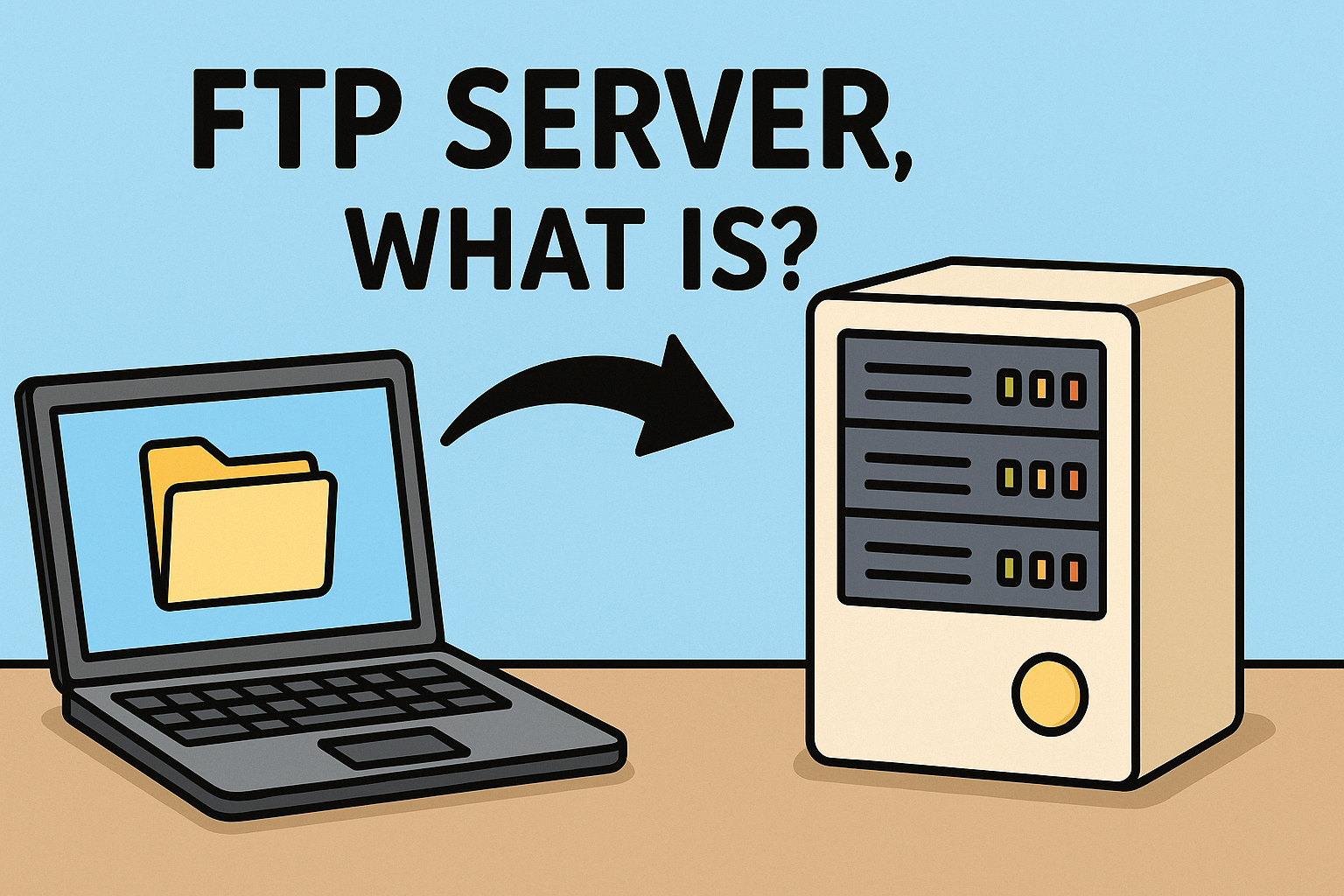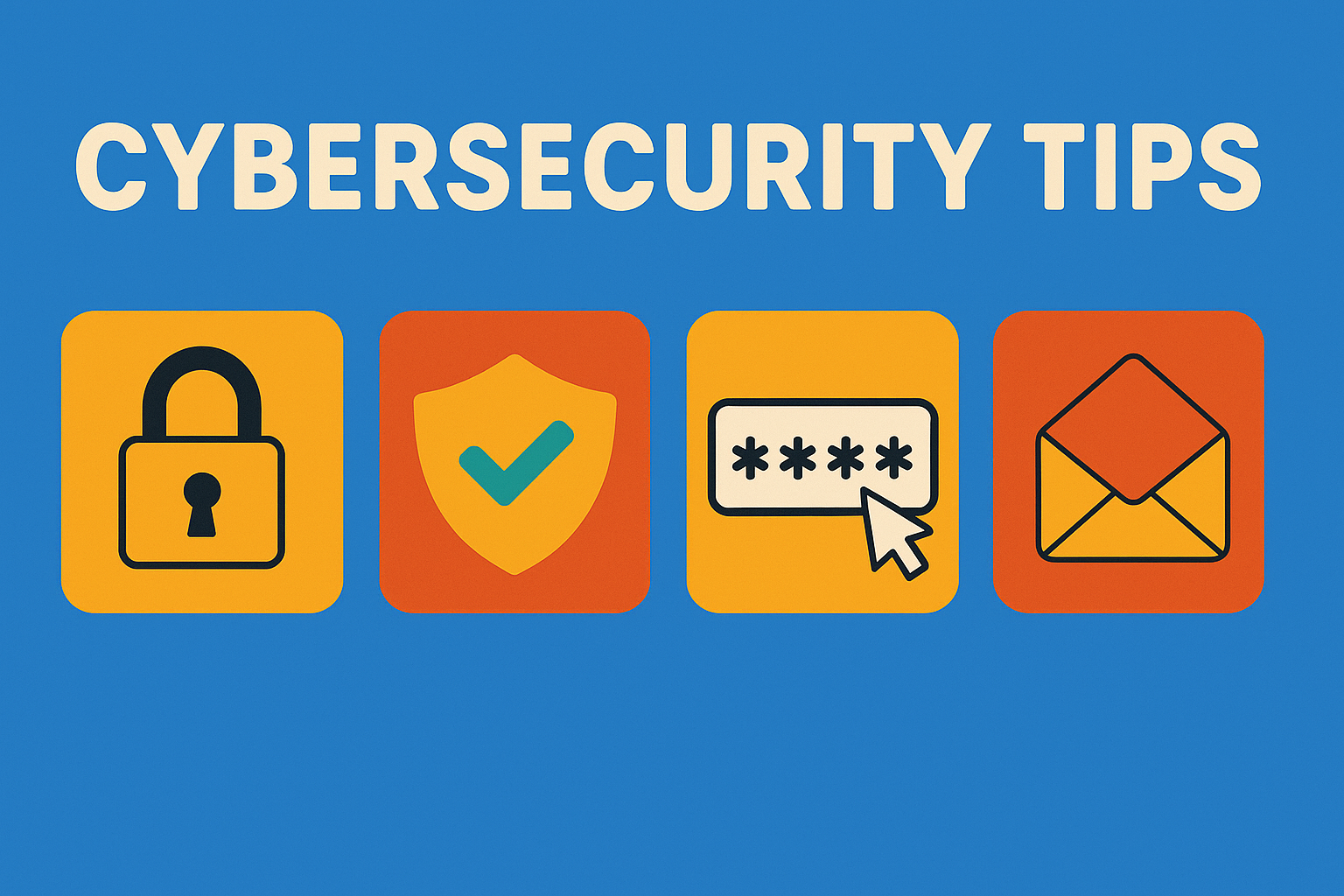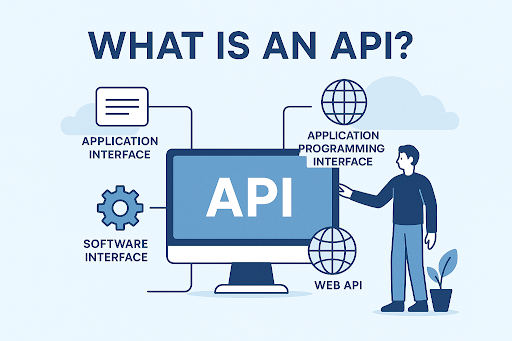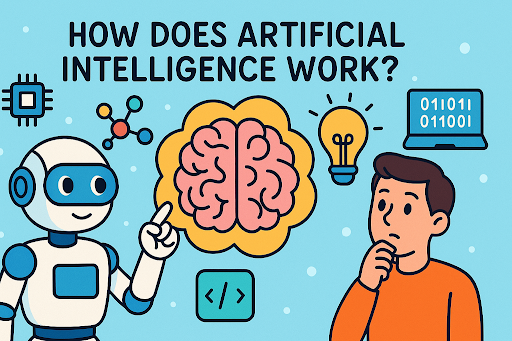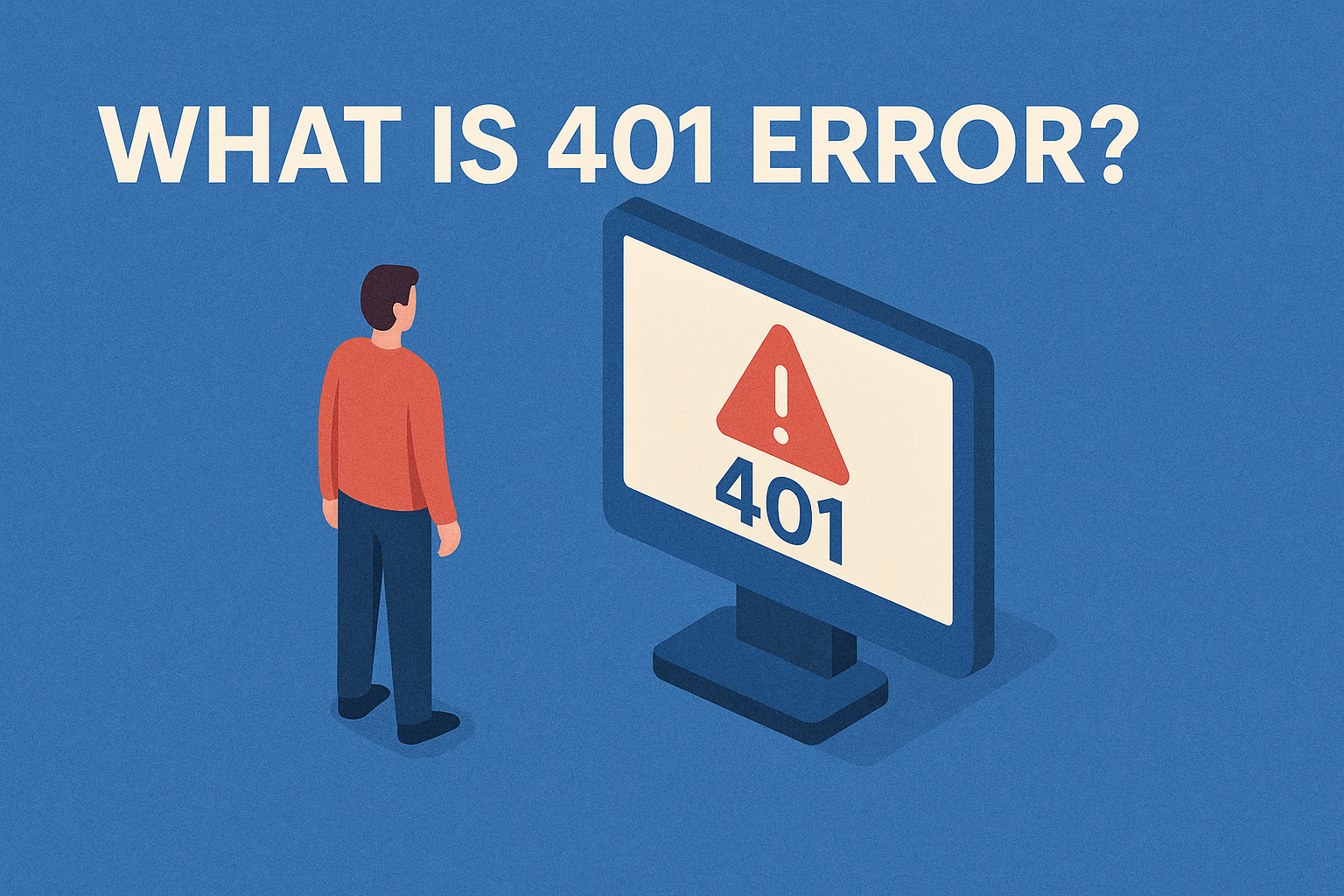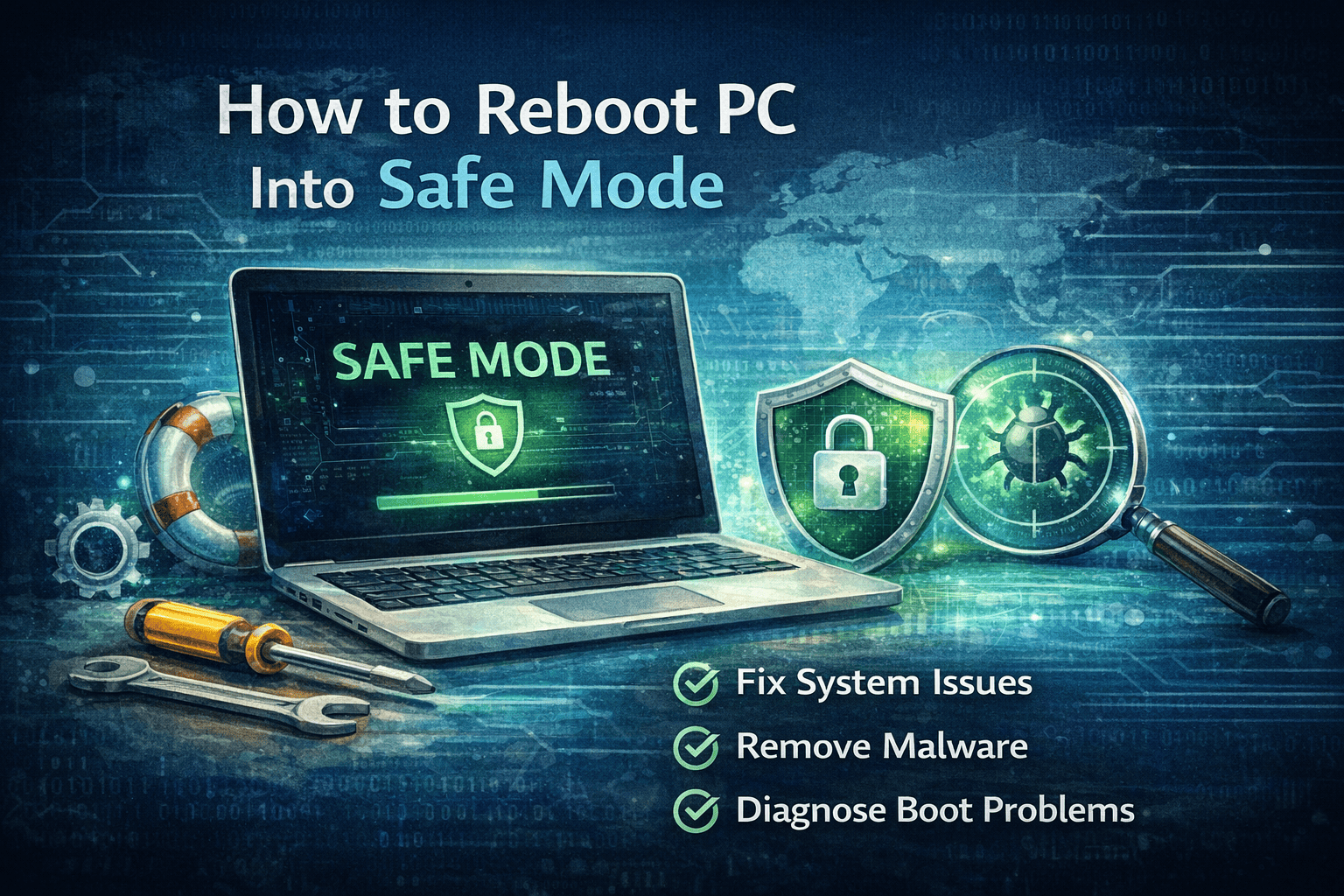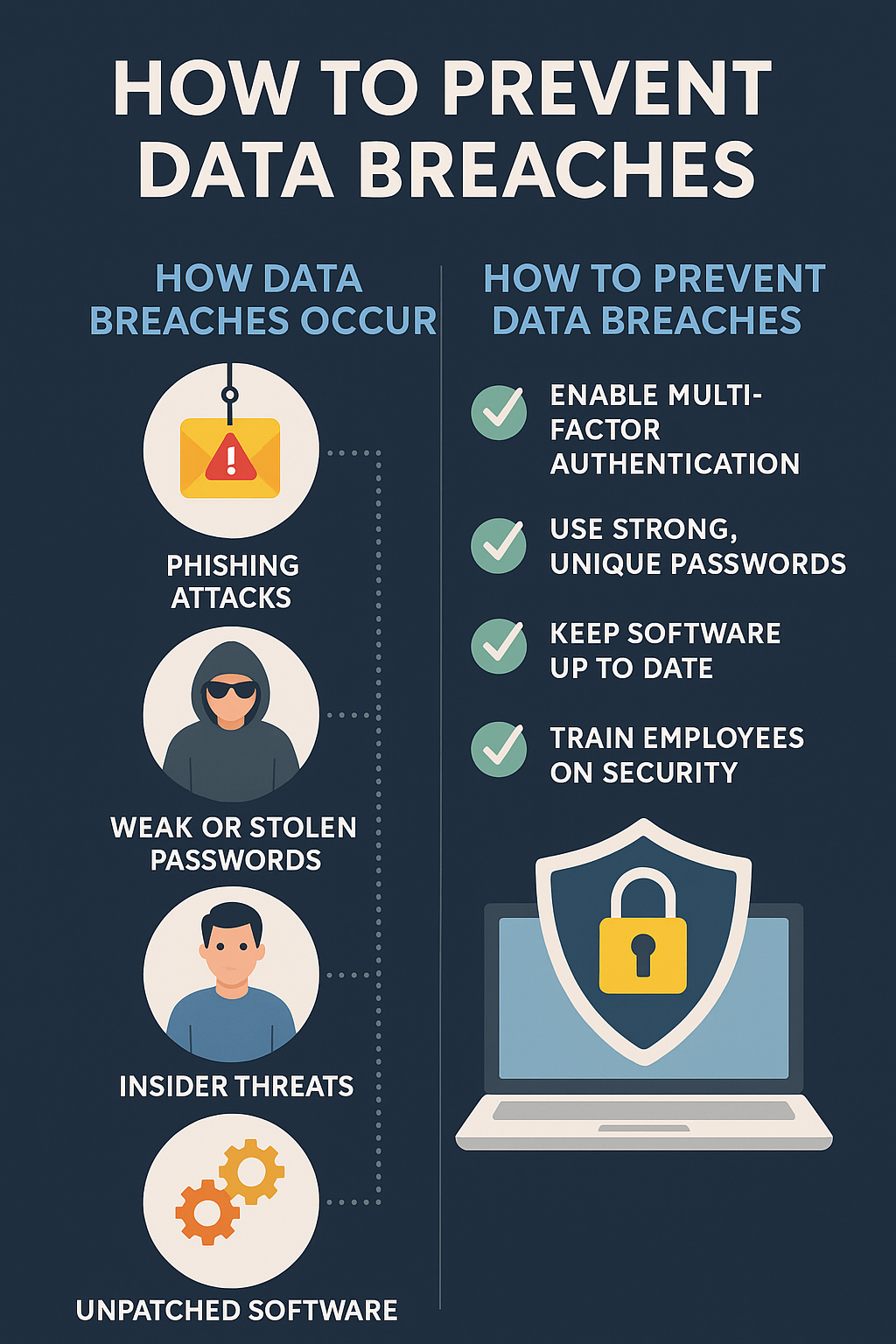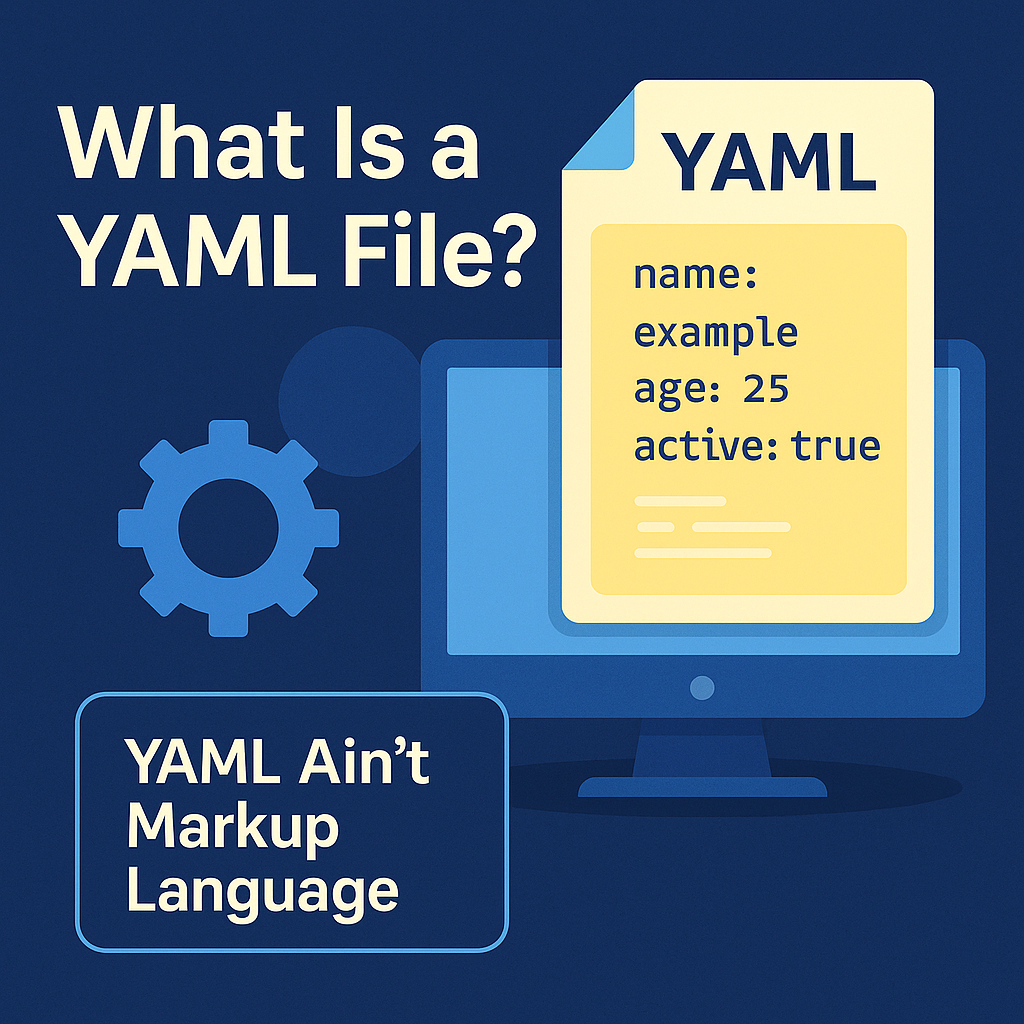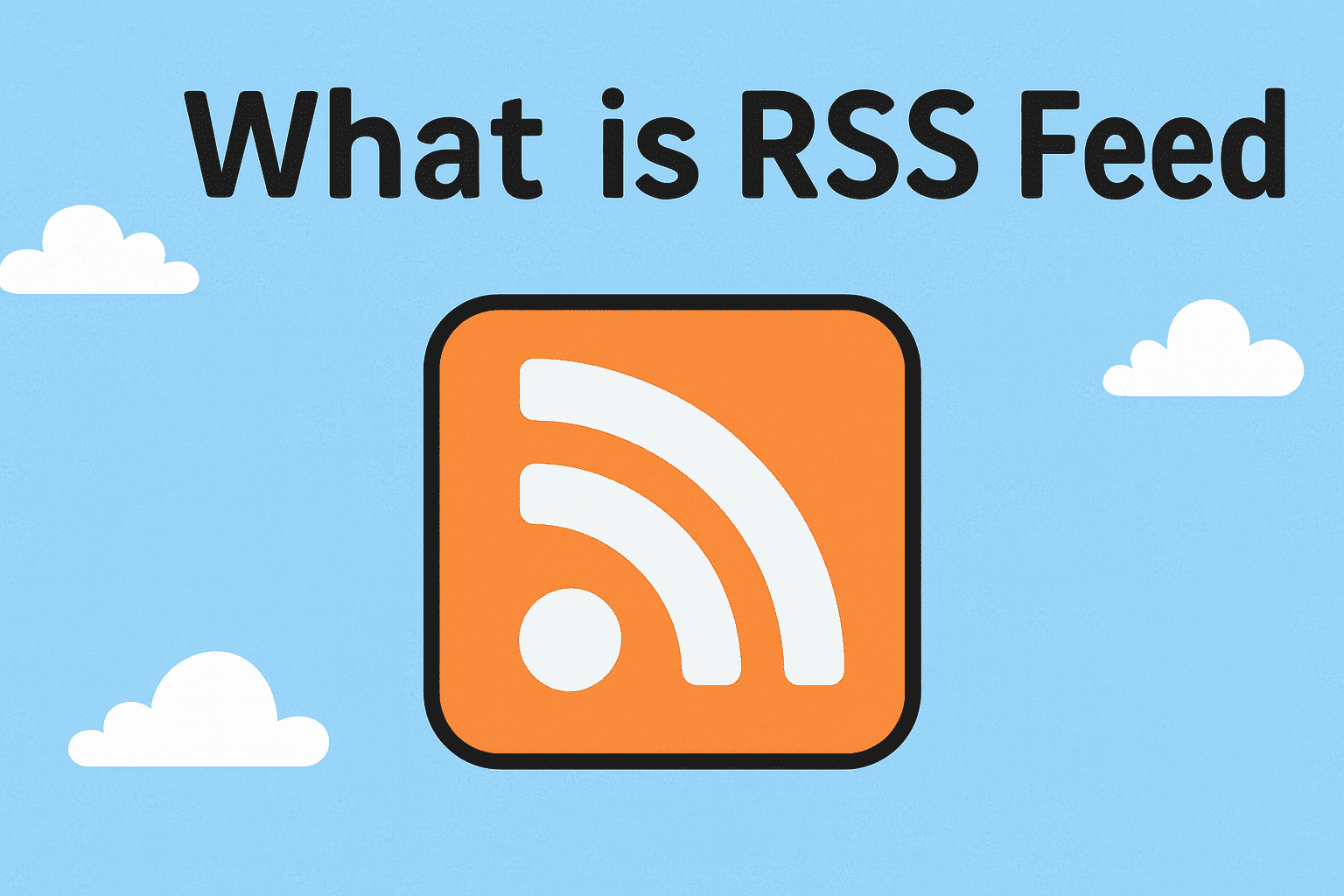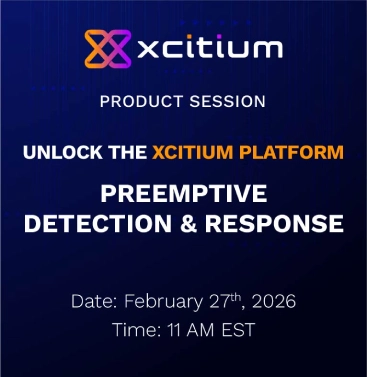How Fast Is 5G Internet? A Complete Guide for Businesses and Tech Leaders
Updated on August 19, 2025, by Xcitium
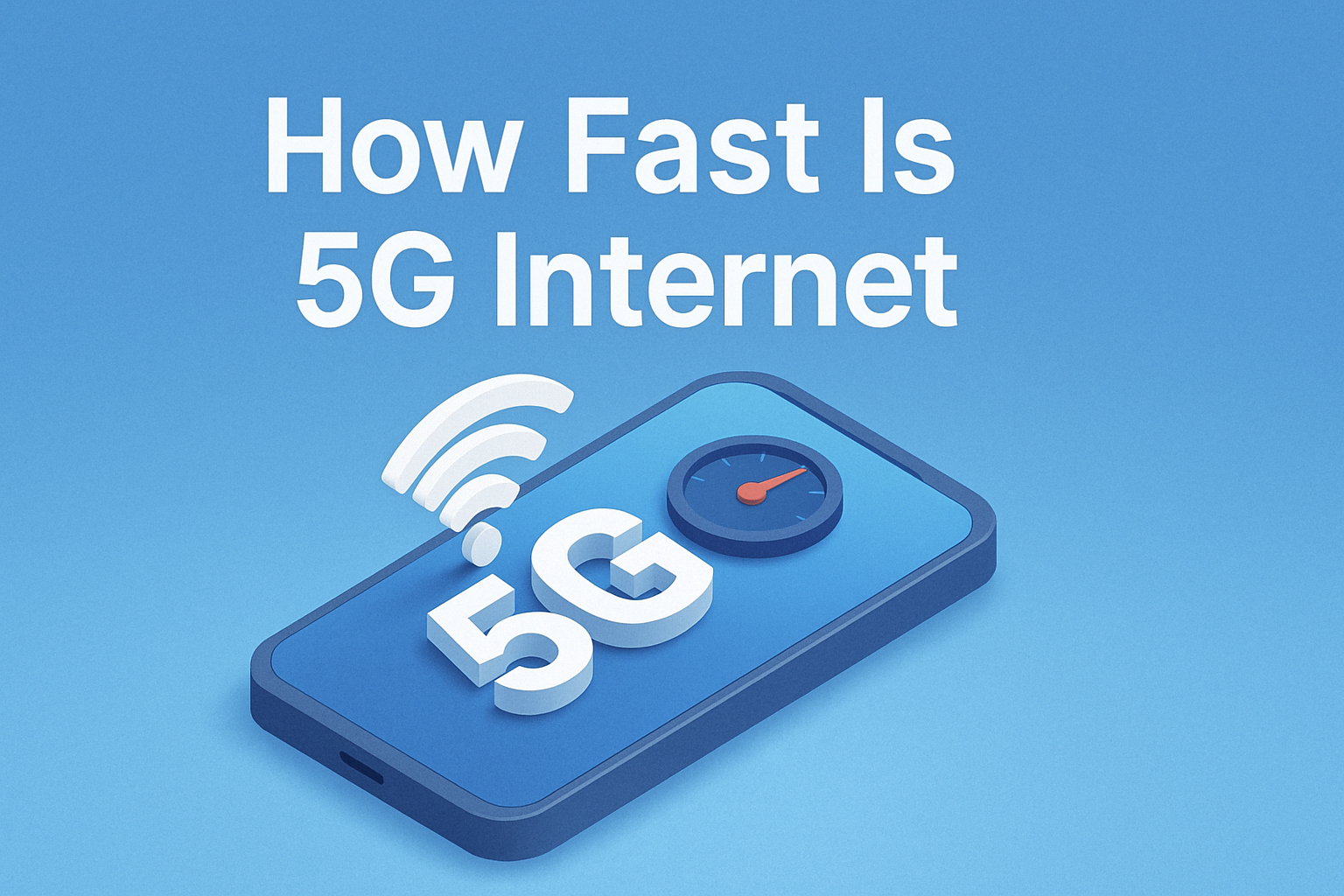
If you’ve ever wondered how fast is 5G internet compared to 4G, you’re not alone. Businesses, IT managers, cybersecurity experts, and even CEOs are all evaluating what this next-generation network means for their operations. With promises of lightning-fast downloads, ultra-low latency, and massive connectivity, 5G is not just a consumer buzzword—it’s a game-changer for enterprise security, digital transformation, and cloud-first strategies.
In this blog, we’ll break down the real speeds of 5G, compare it with previous generations, and explore how it impacts industries and cybersecurity.
What Exactly Is 5G?
Before diving into numbers, let’s clarify what 5G is:
- 5G stands for fifth-generation mobile network.
- It succeeds 4G LTE, offering much higher speeds and lower latency.
- It uses advanced spectrum technologies like millimeter waves and Massive MIMO for faster data transfer.
- It’s designed not just for smartphones, but also for IoT devices, autonomous vehicles, and smart infrastructure.
How Fast Is 5G Internet Compared to 4G?
When people ask “how fast is 5G internet,” the answer depends on location, carrier, and device compatibility.
Average Speeds:
- 4G LTE: ~30–100 Mbps (megabits per second)
- 5G Sub-6 GHz (Nationwide 5G): ~100–400 Mbps
- 5G mmWave (Ultra-Wideband): 1–10 Gbps (gigabits per second)
👉 That means 5G can be up to 100x faster than 4G LTE in ideal conditions.
Real-World Example:
- Downloading a 2-hour HD movie
- 4G: ~6–7 minutes
- 5G: ~20–30 seconds
Latency: Why Speed Is More Than Just Downloads
Latency is the time it takes for data to travel between devices.
- 4G latency: ~30–50 ms
- 5G latency: ~1–10 ms
This near-instant responsiveness is crucial for:
- Cybersecurity monitoring (real-time alerts)
- Remote surgery and healthcare
- Cloud gaming and VR/AR
- Smart manufacturing automation
Business Use Cases: How 5G Transforms Industries
1. Cybersecurity and IT
5G enables faster endpoint detection and response (EDR), cloud security operations, and zero-trust frameworks. IT managers benefit from real-time monitoring without bottlenecks.
2. Healthcare
Remote patient monitoring, telemedicine, and even robotic surgery become more reliable.
3. Finance
Banks and fintechs leverage 5G for instant fraud detection and secure mobile payments.
4. Enterprise IoT
Factories, logistics, and supply chains run smarter with IoT devices powered by 5G.
Advantages of 5G Internet
- Blazing-fast speeds (1–10 Gbps potential)
- Lower latency for real-time apps
- Supports massive IoT (billions of devices)
- Improved security with better encryption and slicing
- Enhanced cloud adoption for businesses
Challenges and Concerns with 5G
- Security Risks: More connected devices = larger attack surface.
- Infrastructure Costs: Businesses must invest in new hardware.
- Coverage Gaps: Rural areas may not see mmWave speeds soon.
- Device Compatibility: Not all devices support full 5G features.
Frequently Asked Questions (FAQ)
1. How fast is 5G internet really?
Speeds vary between 100 Mbps to 10 Gbps depending on spectrum type and coverage.
2. Is 5G faster than Wi-Fi?
Yes, 5G can outperform many Wi-Fi connections, though Wi-Fi 6E can compete in certain cases.
3. Does 5G drain more battery?
Early 5G phones used more power, but newer chips are more efficient.
4. Will 5G replace home internet?
In some regions, yes—5G home broadband can compete with fiber and cable.
5. Is 5G safe for cybersecurity?
5G has stronger encryption, but its wider attack surface requires robust endpoint protection services.
Final Thoughts
So, how fast is 5G internet? It’s blazing fast—up to 100 times quicker than 4G, with latency so low that it unlocks new possibilities in cybersecurity, healthcare, finance, and enterprise IoT. However, businesses must prepare for infrastructure changes and new security challenges.
Ready to Secure Your 5G-Powered Business?
5G is here to stay, and with it comes both opportunities and risks. Ensure your enterprise is protected with advanced endpoint security and zero-trust solutions.



